30 Jan Why Am I Not Losing Weight In A Calorie Deficit?
Why Am I Not Losing Weight In A Calorie Deficit?
- Not enough physical activity
- High levels of stress
- Underestimating calorie intake
- Not getting enough sleep
- Here are 7 reasons why you may not be losing weight.
Why am I not losing weight in a calorie deficit?
What is a calorie deficit?
You may be asking yourself why am I not losing weight in a calorie deficit? In this article we will go through some reasons why.
First we need to understand what a calorie decifit is. A calorie deficit is when you burn more calories than you take in, this creates what’s known as a calorie deficit. This is accomplished with the assistance of:
A diet that reduces the total number of calories that are consumed. Activities that will assist you in burning more calories than you would if you did not move at all.
To lose weight, you may need to have a calorie deficit, but the formula isn’t always as straightforward as it sounds. There are numerous factors that can contribute to weight loss and maintaining a healthy weight, so the formula isn’t the only factor that matters.
How many calories do I need a day?
The daily calorie intake that is advised for women is 2,000, whereas the daily calorie intake that is recommended for men is 2,500. It is not advisable to drastically limit your calorie intake in order to lose weight. Instead, it is best to consume somewhat less while increasing your activity level. A healthy balance is essential.
Potential reasons why you’re not losing weight in a calorie deficit
1. You're skipping meals
Skipping meals hinders weight loss for various reasons. First, skipping meals puts your body into famine mode, slowing your metabolism and making it tougher to lose weight. Skipping meals can also cause you to overeat later in the day to make up for the lost calories. If this happens, you may consume more calories than if you had eaten balanced meals throughout the day. Overeating can sabotage weight loss and leave you feeling frustrated.
Maintaining a regular eating schedule prevents this. Smaller, more frequent meals can control hunger and prevent overeating. This can also boost metabolism, making weight loss easier. Planning and preparing your meals ahead of time might also help you avoid unhealthy, high-calorie snacks when hunger strikes.
2. Not enough physical activity
Physical activity, and especially regular exercise, is a very important part of losing weight. A calorie deficit diet can help you cut back on how many calories you eat overall, but exercise can help you burn more calories, making it easier to reach and keep a calorie deficit.
It is suggested that you try to be active for at least 30 minutes every day. This can be any kind of physical activity that you enjoy, like walking, running, cycling, swimming, or playing a sport. The key is to find something you like to do and can do regularly. Regular physical activity can help you not only burn calories and lose weight but also improve your health and well-being as a whole.
If you’re working out but not losing weight, do your best to keep yourself going and stay motivated. You may not see results right away from exercising, but if you stick with it, you will notice weight loss over time.
3. You’re drinking too much alcohol
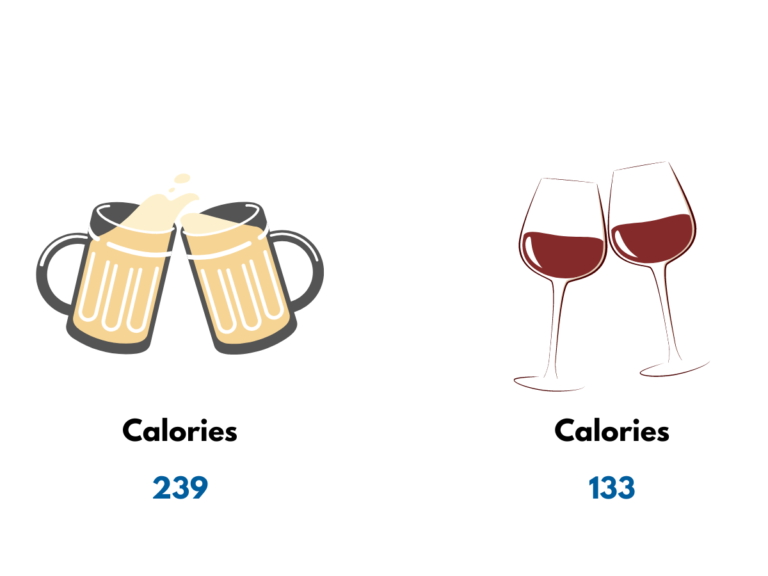
Drinking excessive amounts of alcohol might hinder weight loss and health. Alcohol offers energy without nutrients. Alcohol contains empty calories that add up rapidly and make weight loss tougher. A pint of beer has 239 calories and a glass of wine has 133. These all add up.
When you drink alcohol, your liver prioritises digesting the alcohol over burning fat, halting fat burning. This can hinder weight reduction and make reaching goals difficult.
Alcohol also dehydrates the body, making it tougher to burn fat. Dehydration causes water retention, bloating, and weight gain.
4. You're under stress
Stress has many distinct effects on the body, one of which is that it can hinder weight-loss efforts. Stress can also increase emotional eating, which can result in overeating and weight gain. When we are worried, we often resort to comfort foods for peace, which can add extra calories and make losing weight more difficult. Then, failing to meet your weight loss targets might add to your stress.
5. You’re not sleeping enough
Sleep deprivation hinders weight loss in various ways. Lack of sleep raises ghrelin, which drives appetite and cravings for high-calorie, unhealthy foods. This makes it tougher to eat properly and maintain a calorie deficit, which is necessary for weight loss.
Sleep deprivation lowers leptin, which controls energy balance and signals the body when it’s full. Overeating and weight gain make weight loss difficult.
Sleep deprivation also lowers energy, making it tougher to exercise. Fatigue makes it harder to exercise, which can slow weight loss.
Finally, sleep deprivation affects fat burning. Poor sleep quality and quantity can affect hormone levels and reduce metabolism, making fat loss tougher. To maximize weight loss efforts, it is important to prioritize quality sleep and aim for 7-9 hours of sleep per night.
6. You're expecting fast results
Losing weight can take a lot of work, commitment, and, most importantly, patience. If the amount of weight you’ve lost over the past few months has made you feel down, take a step back and look at the situation as a whole. Do you want to lose weight so you can wear a smaller size for an upcoming event, only to gain it all back right away? Or would you rather lose weight in a healthy way that you can keep off?
Too much weight loss might throw our bodies out of balance, making it more likely we’ll gain it again. Change your routines gradually and focus on how you want to feel in a year, not next week, to keep the weight off. Change your lifestyle and weight.
7. There could be a medical reason why you're not losing weight
It may be more challenging to shed extra pounds if you suffer from a disorder that alters your hormone levels, insulin production, or blood pressure, for example. These are the following:
- Diabetes
- PCOS
- Menopause
- An underactive thyroid
- Some medication may have side effects that make it harder to lose weight.


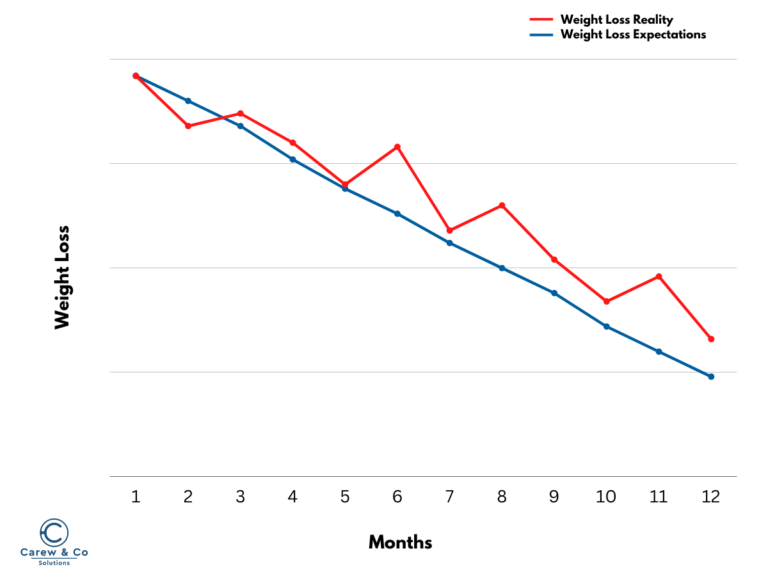
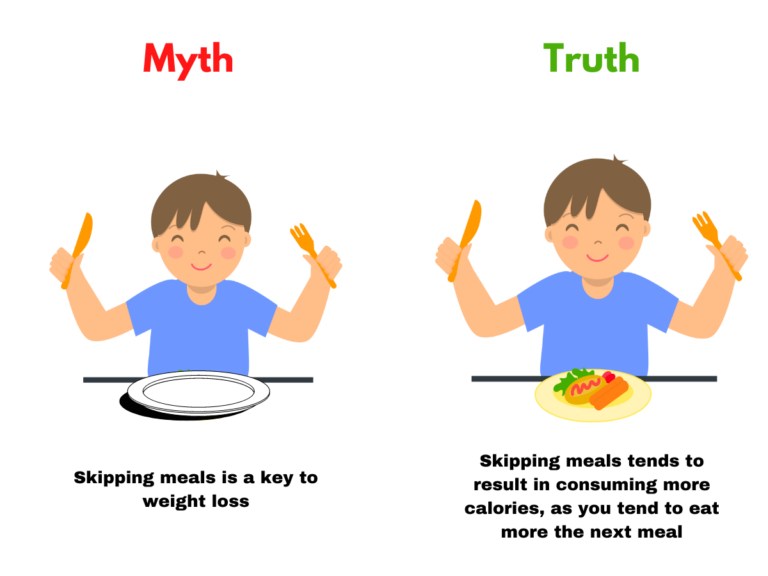
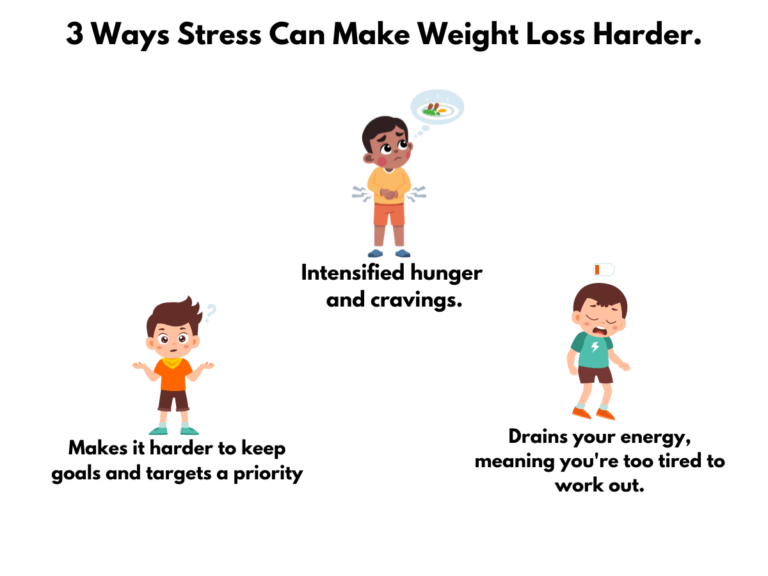
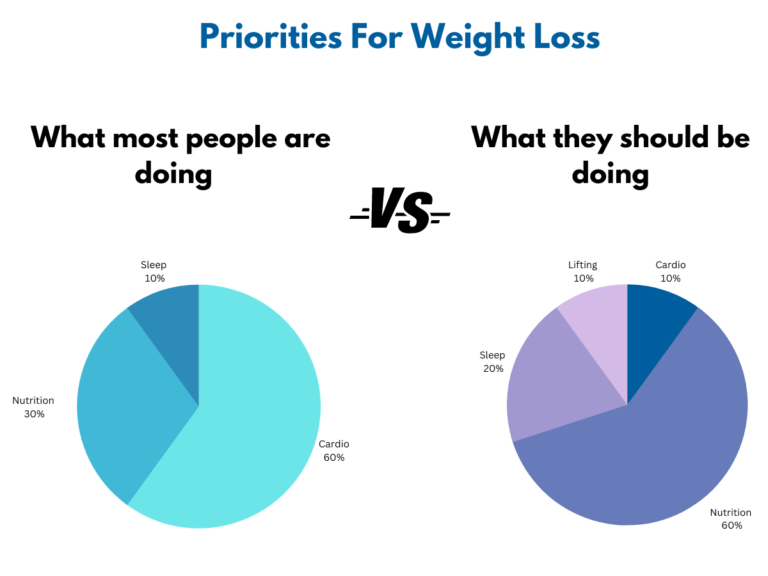
No Comments